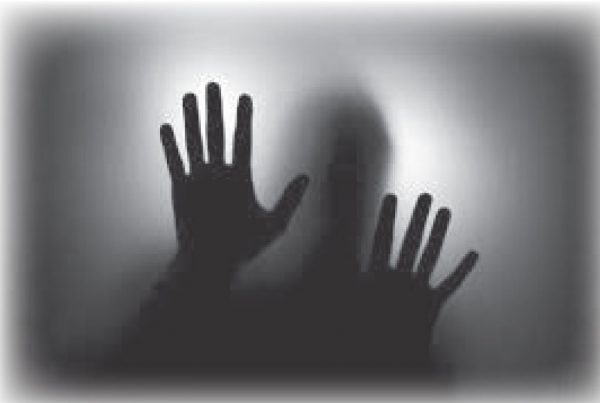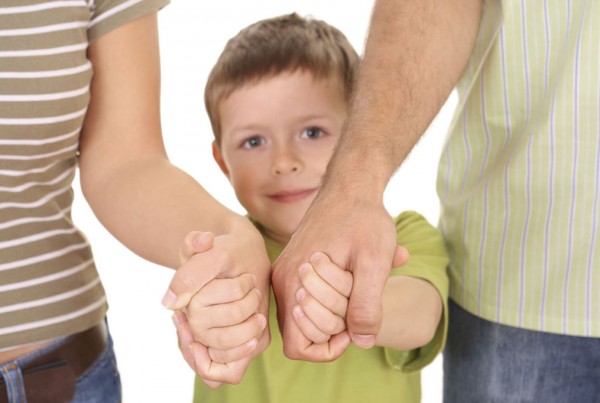Written By A 7 Year Old:
“What Is It Like To Die? Nobody Will Tell Me. I Just Want To Know – I Don’t Want To Do It!”
Children are naturally inquisitive when it comes to life and much to our dismay “death”. We would like to assume that children do not think of or have questions about death and dying. Some people even believe that children do not grieve. However, these assumptions are often a reflection of our own uncomfortableness about the subject. We want to shield children from the “unpleasantness” of life and we consider death to be in that category.
We need to explore our own fears about death and dying. It is vital that we do not transmit these fears to our children. Also we need to be aware that children are not “scarred” by having an encounter with death. What can effect them negatively is how we handle the event such as not allowing them to be involved in a death of a pet, friend, or family member.
Children are capable of experiencing grief. A bereaved child can experience similar physical and emotional symptoms as adults, including lack of appetite, insomnia, nightmares, lack of concentration, and nausea. This does not mean that the grief of children and adults is exactly the same. Children differ from adults in their cognitive abilities, coping styles, need for identification figures, and their dependence on adults for support. Although children tend to be quite resilient in coping with tragedy, adults can guide a child through grief by listening to the child’s concerns and being supportive.
A child’s response to loss reflects the influence of such factors as age, stage of mental and emotional development, the patterns and communication within his or her family, the nature of the relationship with the person who has died, and previous experience with death. As with adults, deaths that are sudden and unexpected or that result from suicide or homicide may complicate the issues that the child faces in coming to terms with loss.
The following are some general tips that may help you in discussing this inevitable part of life with your children.
3 Key Guidelines
- Honesty: children sense when we are being dishonest with them and they know a lie when they hear one. An attempt to downplay an event to protect them does not assure them. What it does do is create more fear and uncertainty.
- Preparation: before involving children in events (visiting in the hospital, funeral home, burial) give them a clear picture of what they will see and hear. Also, ask them if they want to be involved and respect their wishes.
- Involvement: include children in death rituals e.g.’s – wake/visitation and funeral service. Children are sometimes excluded from funerals. They are left at home or sent to a relatives. When the mourners return they pick up on their emotional distress and often the children’s questions are answered quickly if at all. They need to be embraced and taken into the group not sent away to ponder what has occurred.
Do’s
- Allow for expression of feeling. Tell the child it is okay to feel sad and cry; normalize feelings such as anger and resentment.
- Determining what the child is really asking and answer the question honestly. Take time to listen and clarify what the child’s concern is.
- Explain your grief reactions and the reason for them. It is okay to share your grief with your children as long as you do not overwhelm them with your emotions. Allowing them to see you cry is not overwhelming them. It will help them feel more comfortable in sharing their own feelings.
Don’t’s
- Don’t be evasive. Avoiding the topic and pretending that something significant is not happening will confuse children and create fear. They will pick up on your emotions and you need to tell them what is going on.
- Don’t use euphemisms: e.g. “passed away”; “asleep”; “lost”. Children have active imaginations. Use the “real” words so children do not have to make things up and create pictures in their minds which could be worse than the reality.
- Don’t overwhelm: Children need to know the truth but depending on their age and maturity do not give them more than they can handle emotionally or give them information they do not need.
- Avoid philosophical explanations. Keep your explanation truthful but simple
- Don’t force grief reactions. Don’t expect your children to react as you would react. A significant death for you may not hold the same significance to them or vice versa. Allow them to grieve in their own way. Silence is good sometimes. Explain the event honestly and listen to what they have to say. Let them know that if they have any questions they can come to you.
Death is a part of life and we need to prepare our children for this significant event. Children do grieve and do have mourning tasks to perform which are linked to both developmental and environmental conditions.
Remember, the above are guidelines only. If in doubt or in complicated situations consult a health care professional who specializes in loss, grief and bereavement.



